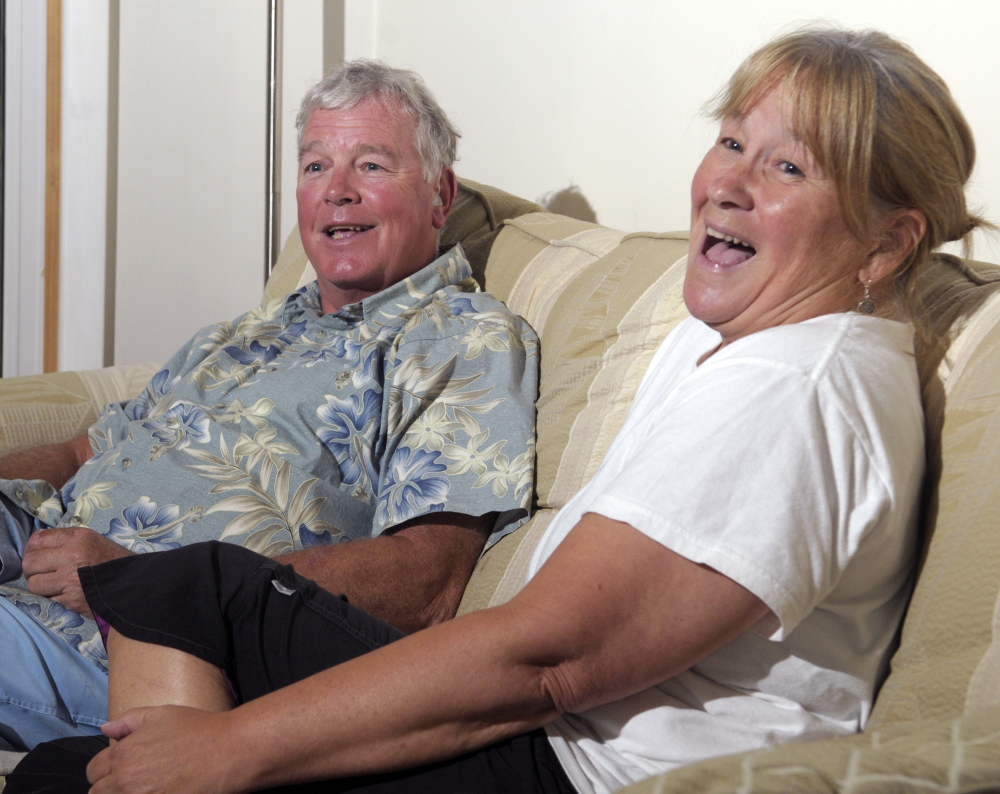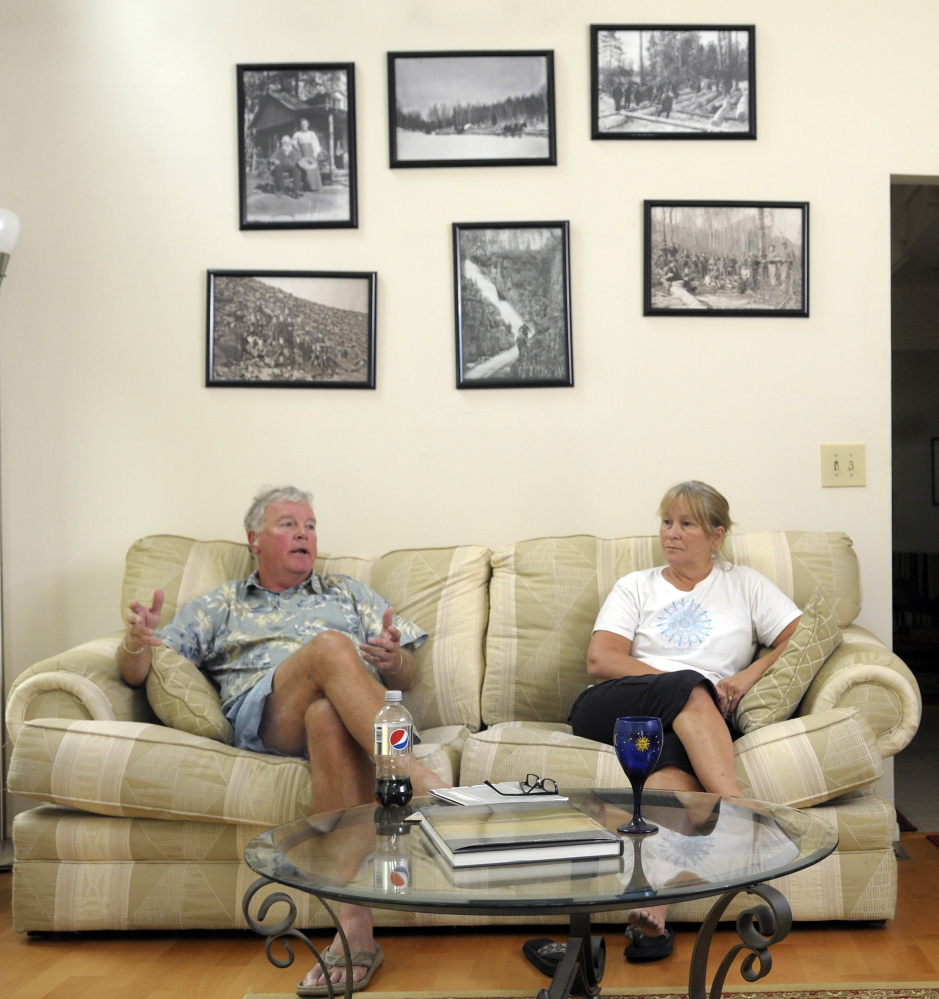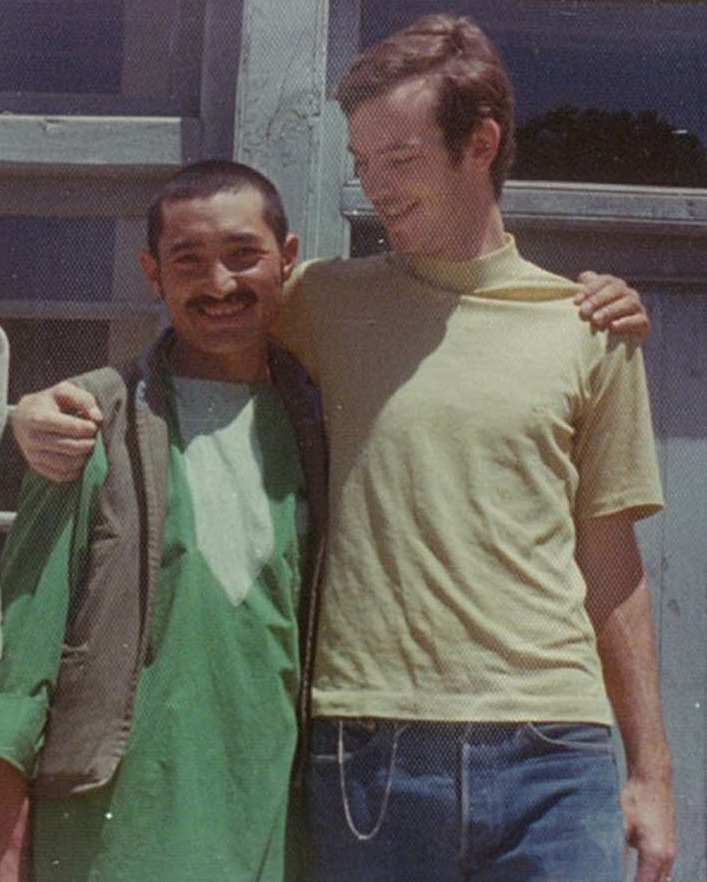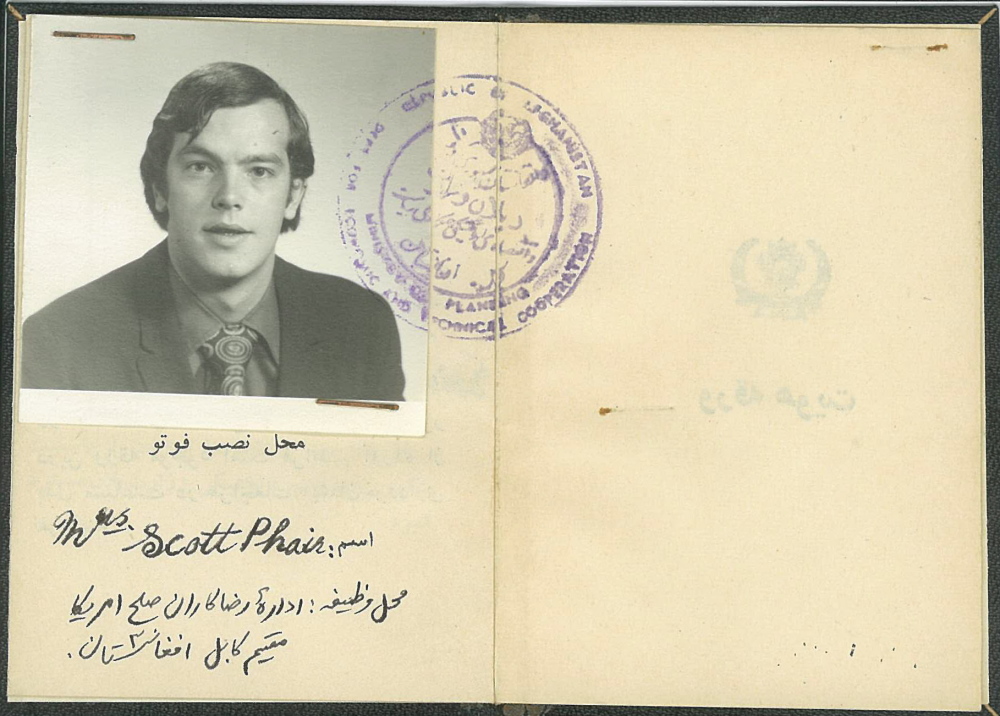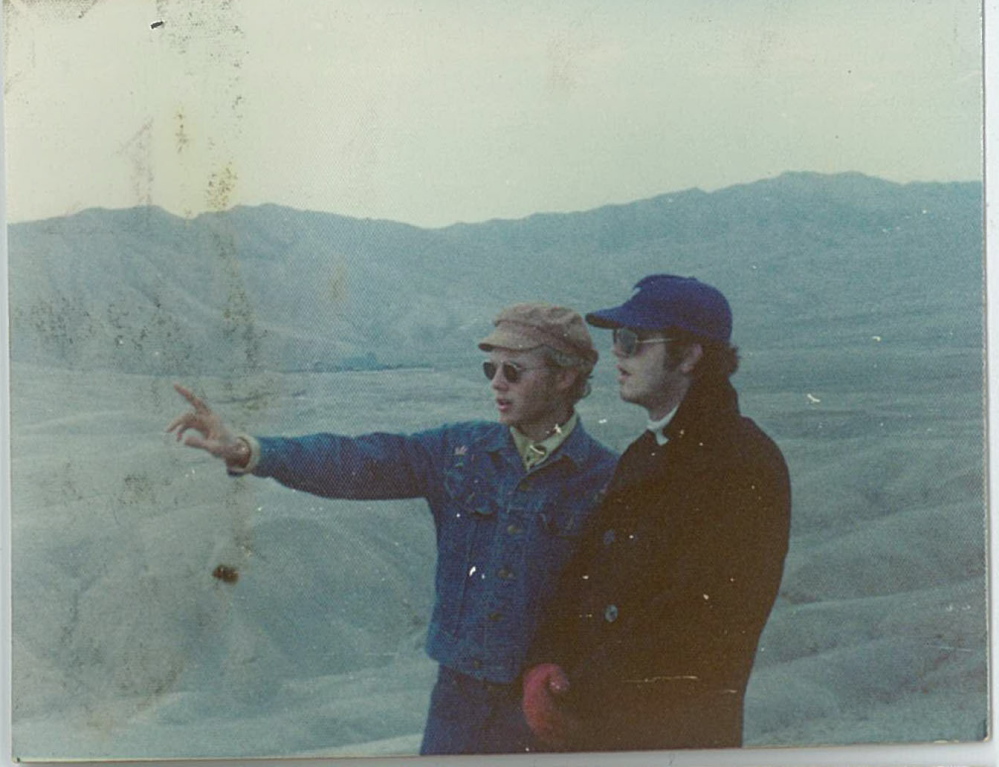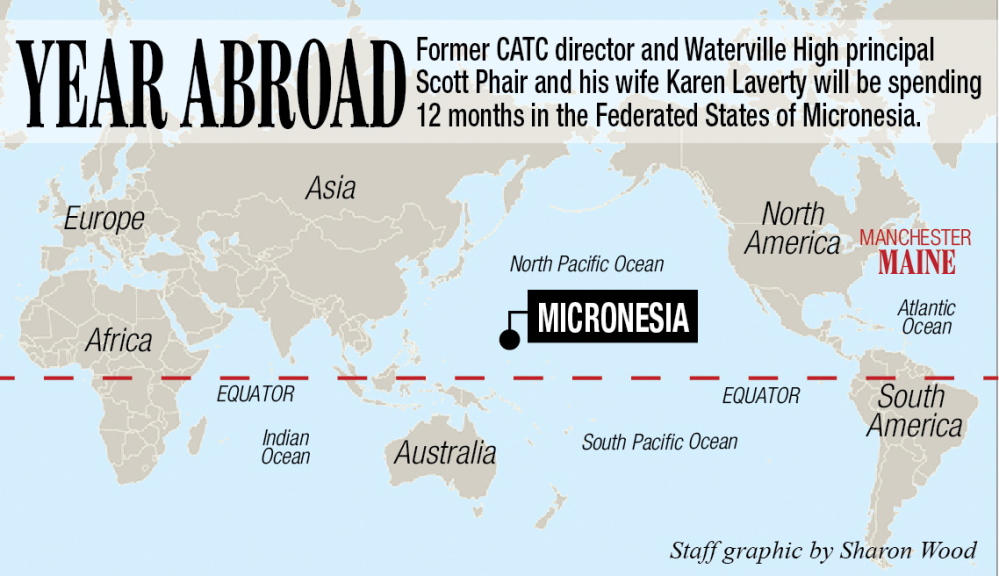MANCHESTER — Scott Phair was pondering a second stint of service with the Peace Corps to assist schools in the tropical islands of the Federated States of Micronesia when an obstacle came up.
The Peace Corps official interviewing Phair — former director of Capital Area Technical Center and, prior to that, principal of Waterville Senior High School — got to a key issue: The program, the woman said, didn’t allow spouses to come along. The year-long trip was for selected Peace Corps volunteers only. She asked if Phair would be willing to go without his wife, Karen Laverty, herself a retired long-time educator in central Maine and most recently a teacher at Maranacook Community Middle School.
“I said, ‘No way,'” Phair said recently as the couple discussed their upcoming trip — together — to help in schools in the impoverished chain of islands 2,400 miles southwest of the Hawaiian Islands.
Once the Peace Corps official learned of Laverty’s extensive experience in education and that she, like Phair, holds a master’s degree, she said they had a position for her, too.
They depart this week, leaving behind family and other ties to try to help improve education in a location made up of more than 600 small islands where they anticipate electricity and running water will only be available part of the time, heavy rains are frequent, a typhoon recently struck, and where travel is more likely to be by small open boat than by car.
The couple both have some 35 years of service in education, are frequent travelers and have been on adventures, including multiple rafting trips in the Grand Canyon. They said they’re going on the trip for the adventure, to experience different cultures and to try to help out.
“We realize how lucky we are,” Phair said, “and think people have an obligation to give back in some way. This is an opportunity to have another adventure and give of ourselves a little bit. We live in a very privileged society in the United States. It’s important to share some of those privileges with others.”
Laverty said she expects to get as much as they give by experiencing a different culture.
It’s a culture, the couple said, that places a high value on family and on respect for elders. Music and dancing are also prevalent.
Business attire, much to the relief of both Phair and Laverty, consists largely of Hawaiian style shirts, khakis and sandals.
They’ll be based on the island state of Chuuk, one of four main islands that make up the federation with more than 600 smaller islands, each of which are affiliated with one of the four states.
The island was previously known as Truk. In World War II, Truk Lagoon was a Japanese naval base. It was bombed by Allied forces in 1944, and numerous Japanese ships were sunk, many of which still remain on the ocean floor. The area is a popular diving spot. Phair said it is one of the area’s few tourist destinations. Further tourism is hampered by how isolated and rural the area is, he said.
Both are looking forward to getting back into education.
“I’m not ready to be done with kids yet,” Laverty said.
She’ll be working with teachers in three different island schools, helping them develop strategies for teaching.
Phair, who for decades has worked with the New England Association of Schools and Colleges in accreditation, the process of ensuring schools meet specific standards, will travel among numerous island schools, working with the Department of Education to help establish an accreditation process by which they can measure how their schools are meeting standards. He said he was shocked and excited to come across such a great match for his background within the Peace Corps.
It will be Phair’s second gig with the Peace Corps. The first was as a 22-year-old in 1974 and 1975, when he served in Afghanistan. He thought he’d be doing things like digging wells and building schools in Afghanistan but instead ended up teaching English to airplane stewardesses at an airport.
He said he quickly learned not to go in the Peace Corps with too many expectations, because things will change.
He believes his Peace Corps experience has helped him throughout his life.
He said it instills problem solving skills, toughness and confidence.
This trip is through the Peace Corps Response program. The program offers professionals with at least 10 years of work experience or any medical professionals trips shorter than the more typical, 27-month Peace Corps stints to use their life and work experience to provide targeted, high-impact assistance, according to the Peace Corps‘ description of the program.
They expect travel to be difficult in Micronesia, where most roads are rough and unpaved. With the federation spread over 1 million square miles of ocean, some of their travel is bound to be by boat.
“My job description says I’ve got to be able to travel in an open boat for 150 miles,” Phair said.
They anticipate having phone and/or Internet access while there to keep in touch with family back home.
Still, the couple said it is weird to say goodbye to family — an adult son and his wife, an adult daughter, and two grandkids, ages 7 and 3 — for such a long period of time.
It’ll take about two days of flights, including a stop in Hawaii, to get there.
Laverty said she hopes to use her connections in the educational field to help bring some school supplies to Micronesia.
They said the Peace Corps will provide them with a stipend to get a modest apartment for their year-long stay and funds to equip it with some furniture and pay for them to live the same lifestyle lived by the locals.
They’ll also have something most of their Peace Corps comrades won’t have with them.
“We have the advantage of having each other,” Phair said. “Together, we can talk it over and figure it out.”
Keith Edwards — 621-5647
kedwards@centralmaine.com
Twitter: @kedwardskj
Send questions/comments to the editors.


